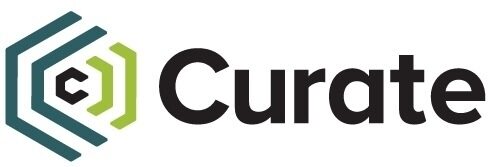Group urges USDA to feed poor kids in COVID-19 school closures
by CQ Roll Call staff, CQ News
Poor children who rely on federal nutrition programs could lose a daily source of food if COVID-19 leads to widespread school closings, an organization of school meal providers said Thursday.

Poor children who rely on federal nutrition programs could lose a daily source of food if COVID-19 leads to widespread school closings, an organization of school meal providers said Thursday.
The School Nutrition Association sent recommendations to the Agriculture Department about ways to continue meals for children in the event of closures like those in Washington state where officials shut several schools shortly after several cases were reported. The organization says 22 million students a day rely on free or reduced-price lunches under the National School Lunch Program overseen by the USDA.
The association suggested that the USDA allow all schools affected by the coronavirus closures to operate under the authorities of a program that allows some school meal providers to provide food during unplanned school closures.
The organization, which represents school food managers and their suppliers, also asked the USDA to ease rules to allow “grab-and-go” meals that do not require children to sit in a cafeteria to eat.
The association says USDA flexibility “on rules during anticipated school closures would help combat food insecurity, prevent massive amounts of food waste and spoilage in school cafeterias nationwide, and ease subsequent financial losses for school meal programs and school districts.”
Brandon Lipps, the USDA deputy undersecretary for the Food, Nutrition and Consumer Services, told reporters in a call on an unrelated issue that the department is monitoring the situation with schools. The answer was broad without specifics.
“The nutrition service stands ready to assist in a government-wide effort to ensure all Americans have access to food in any time of need,” Lipps said. “All of our programs have flexibilities and contingencies built in to allow us to respond to on-the-ground realities and to take action as directed by Congress.”
He said reserve funds for the Women, Infants and Children program and Supplemental Nutrition Assistance Program, formerly known as food stamps, would help cover any increased enrollment during times of disaster.
Earlier this week, Sen. Debbie Stabenow, ranking member on the Senate Agriculture Committee, said the implications of potential COVID-19-related closures or slowdowns in government services for the poor are many.
“When you shut schools, when you have people working paycheck to paycheck and have to stay home, what does that mean?” Stabenow, D-Mich., said. “The answer for the working person is not don’t come to work for two weeks.”














